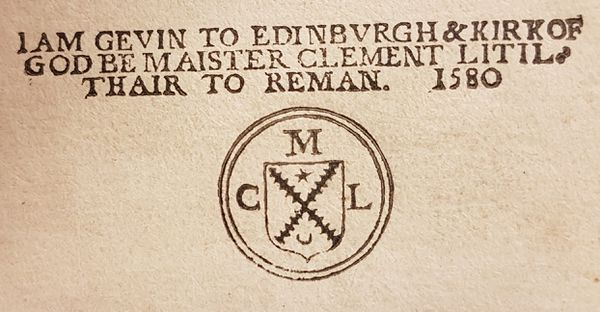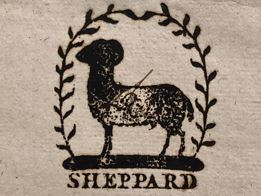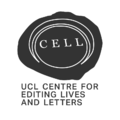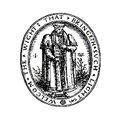Difference between revisions of "Main Page"
| Line 26: | Line 26: | ||
<div class="teaser">[[File:Clement_Little_1580_stamp.jpg | link=Clement Litill 1527-1580 | 600px]] | <div class="teaser">[[File:Clement_Little_1580_stamp.jpg | link=Clement Litill 1527-1580 | 600px]] | ||
| − | [[Clement Litill 1527-1580 | A welcome donation is enabling ''Book Owners Online'' to | + | [[Clement Litill 1527-1580 | A welcome donation is enabling ''Book Owners Online'' to enhance the database with Scottish owners; we will be adding many more entries and images like the one for Clement Litill, who gave books to the town of Edinburgh in 1580]]</div> |
<div class="teaser">[[File:SheppardStamp2.JPG | link=Thomas Sheppard d.1763 | 600px]] | <div class="teaser">[[File:SheppardStamp2.JPG | link=Thomas Sheppard d.1763 | 600px]] | ||
Revision as of 02:27, 21 March 2023
Book Owners Online is a directory of historical book owners, with information about their libraries, and signposts to further sources. It currently has entries for over 2650 British owners from the 16th to the 18th centuries, and is being expanded. Contributions from users are welcome via our submission forms, and feedback can be sent via email or our anonymous user survey. You can also find us on Twitter and Facebook.
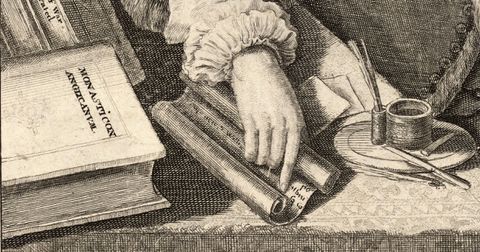
Book owners played an essential role in creating the documentary heritage we value today. Our libraries, curating our collective printed and written memory, were built on countless donations or purchases from individuals over the centuries. Books which they kept and valued have significantly shaped ideas about our literary legacy.
Key questions which BOO seeks to answer include “did this person own books?”, "how many and what kind?", "what happened to them?", and “where do I look for more information?”. At a time of growing interest in provenance studies, private libraries, and work on the material book, it fills a gap in our book historical reference sources. There are many online sites which start from books or libraries and provide provenance data, but BOO starts with owners.
Getting Around the Site
- About this Site
- Book Owners Online is a publication of the Bibliographical Society in partnership with the UCL Centre for Lives and Letters (CELL), with a rationale developed by David Pearson.
- What's in BOO
- Book Owners Online is built around a backbone of named owners of libraries, who died between the 16th and 18th centuries, for each of whom there is an entry with a standard structure.
- How to use BOO
- Book Owners Online works much like Wikipedia. Search using simple keywords in the box above, or browse using special semantic features.
- Editorial Team
- Book Owners Online has an editorial team of researchers and volunteers, supported by an advisory group of external experts, including academics, librarians, and bibliophiles.
- Acknowledgements
- Book Owners Online wishes to acknowledge the help of its funders and those institutions that have granted permission for use of images of books in their collections on the site.
- Contact Us : Help Us
- Contact details for the Book Owners Online office and editors. We welcome all comments, corrections, contributions, and suggestions.
Featured Articles
